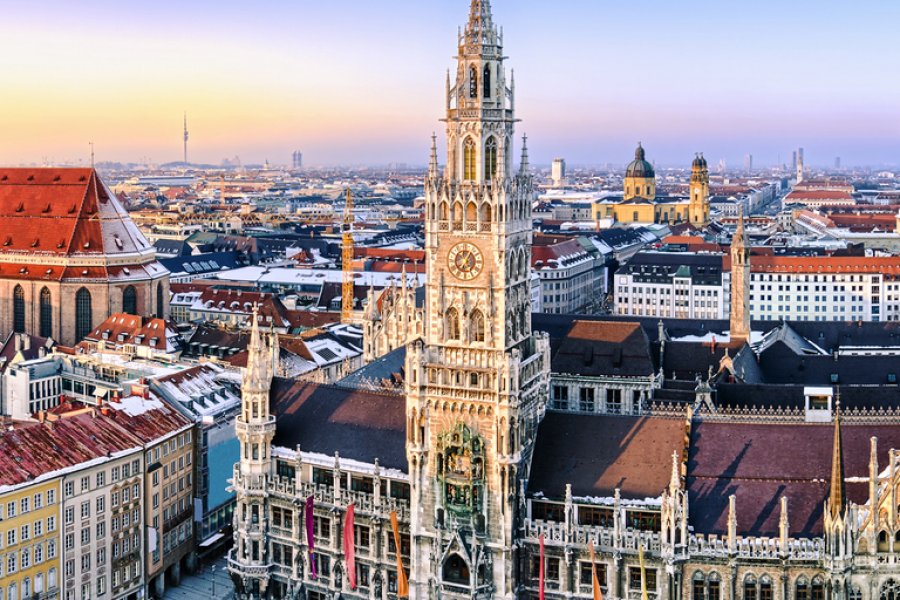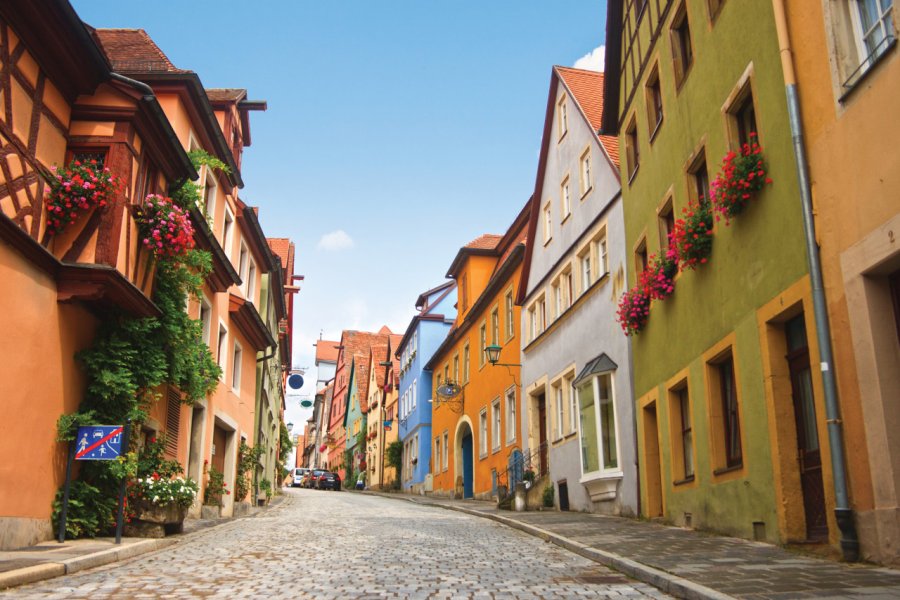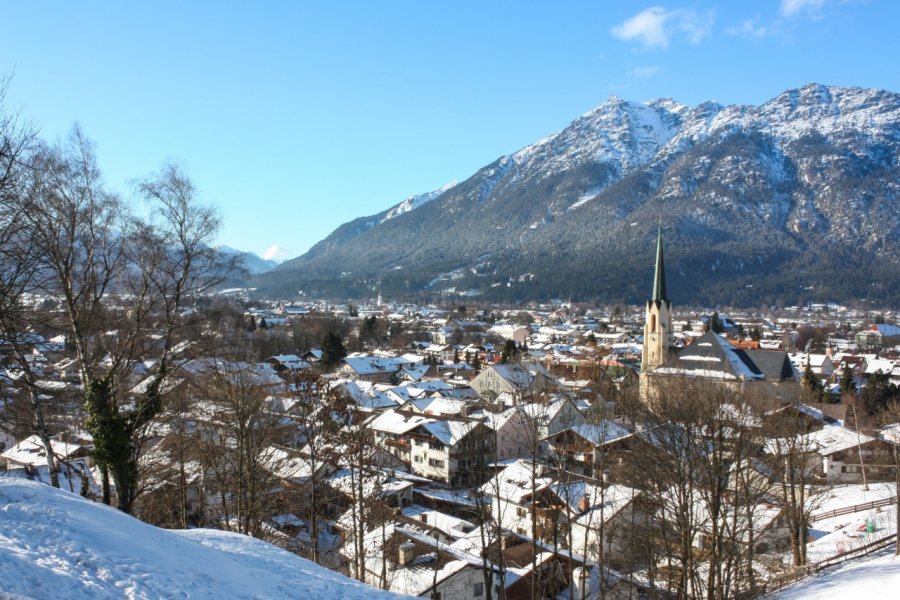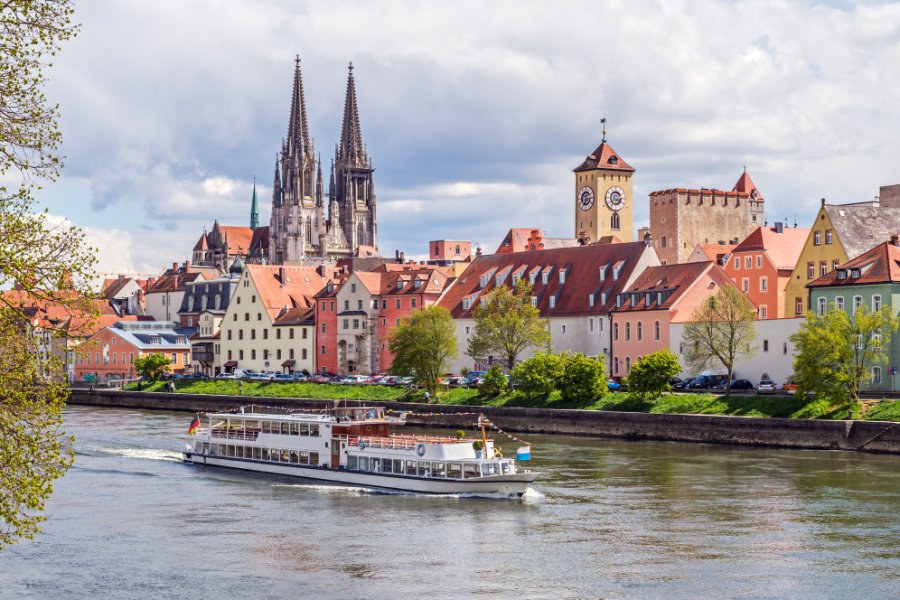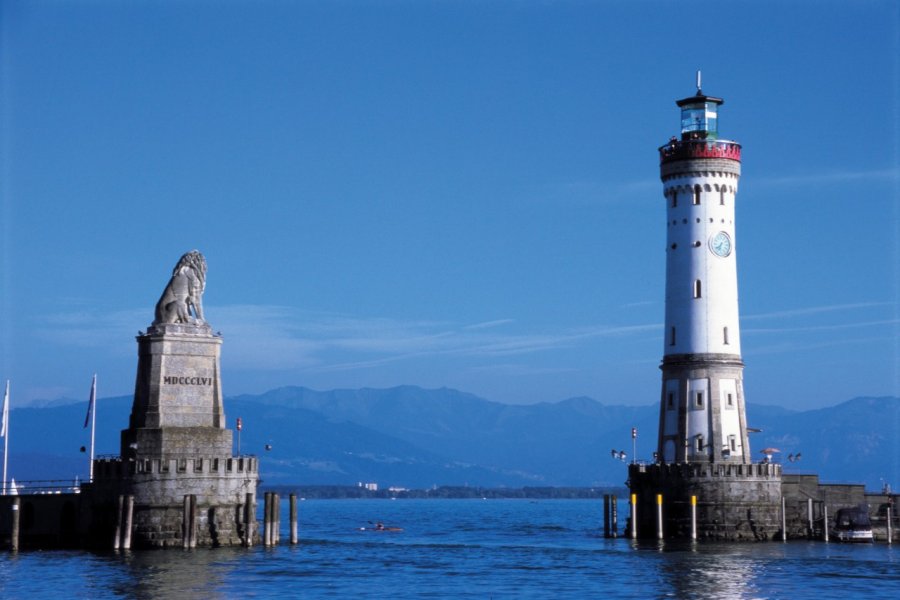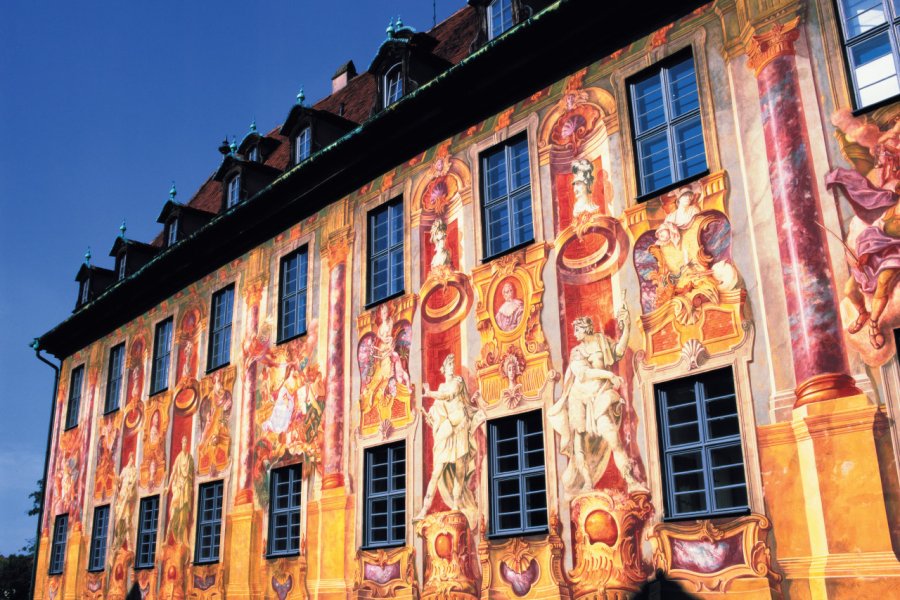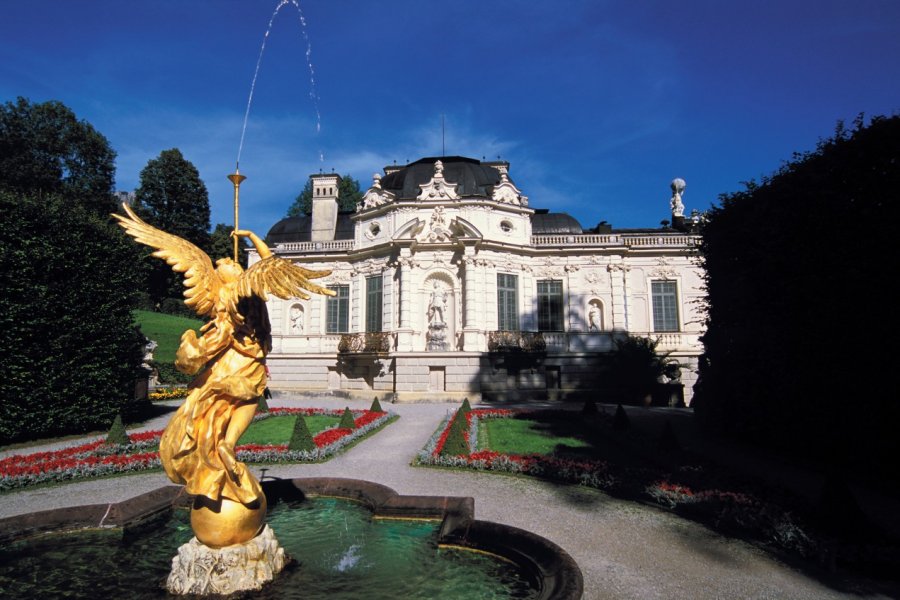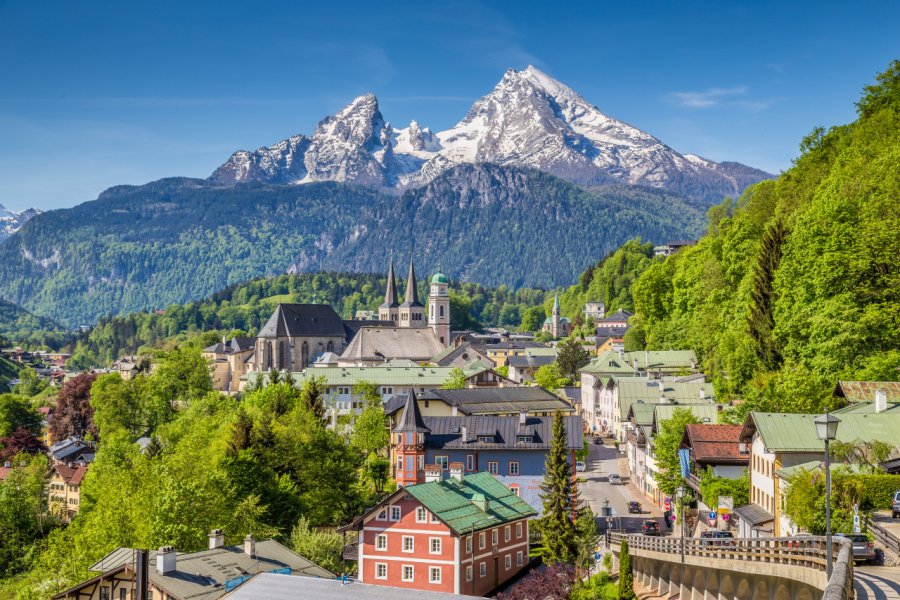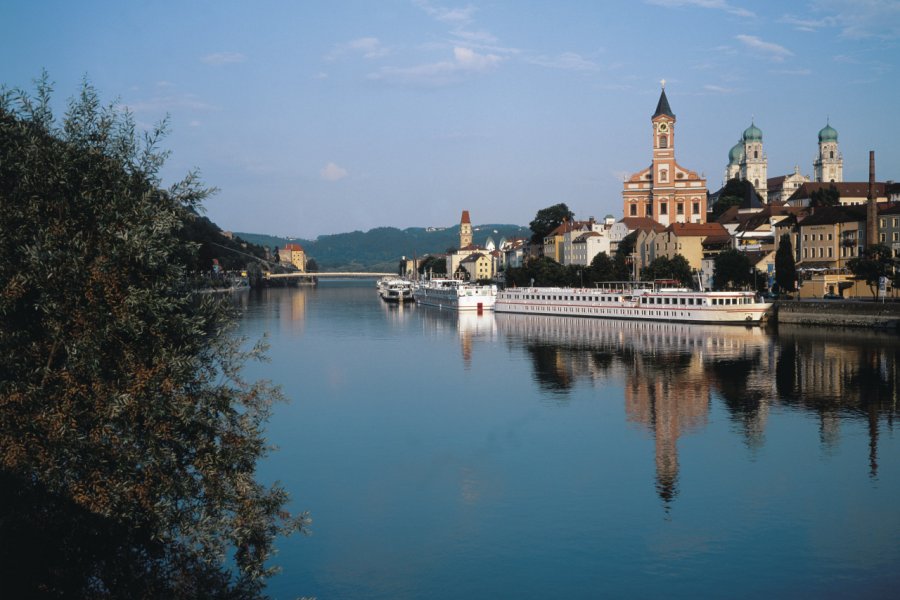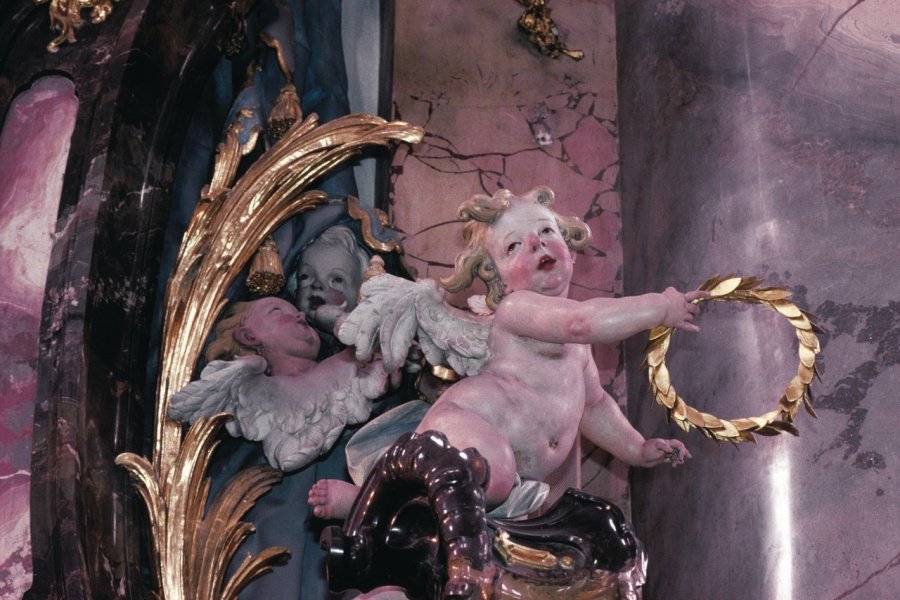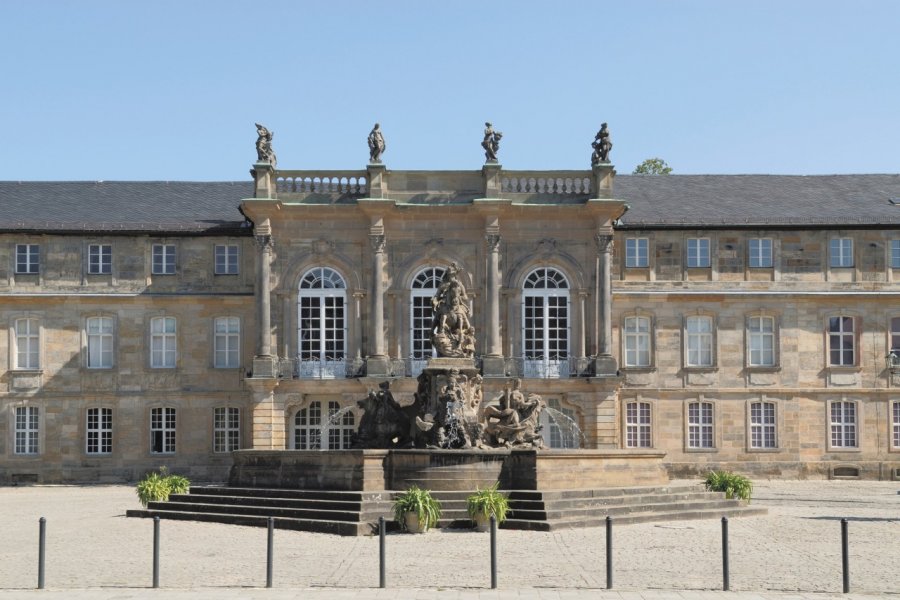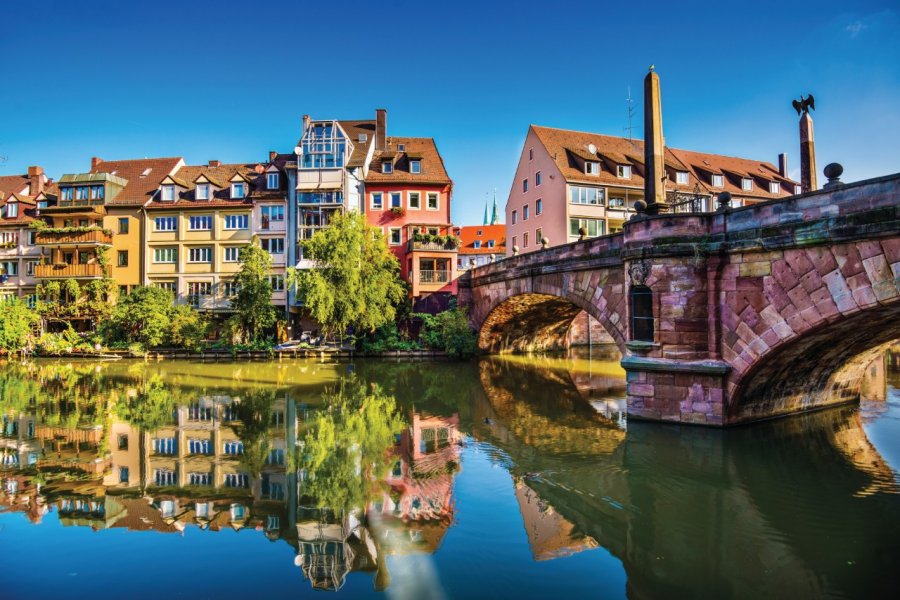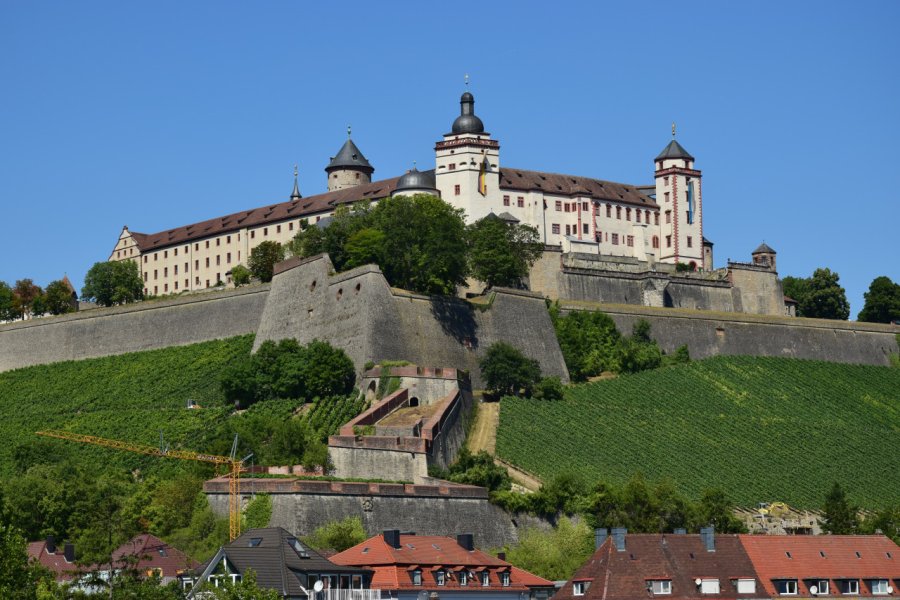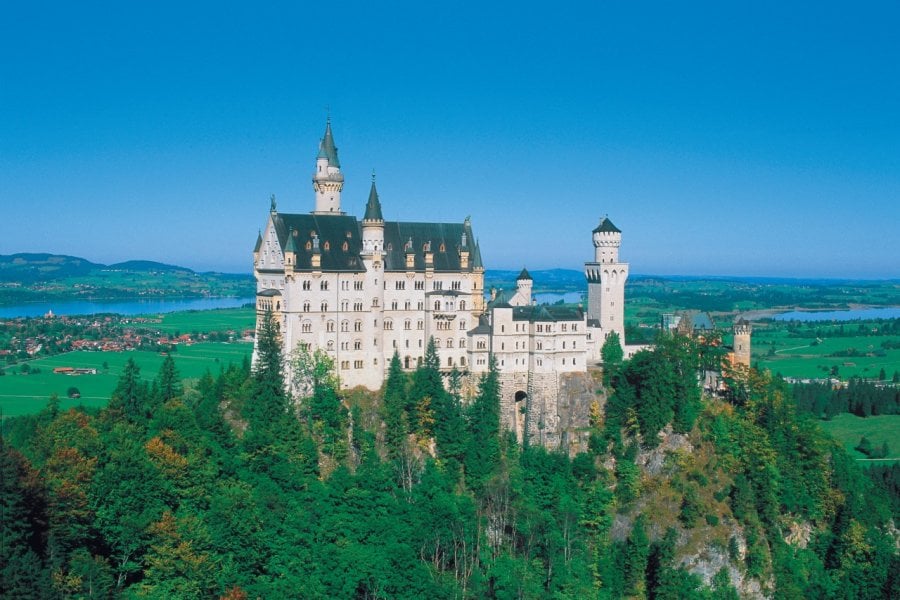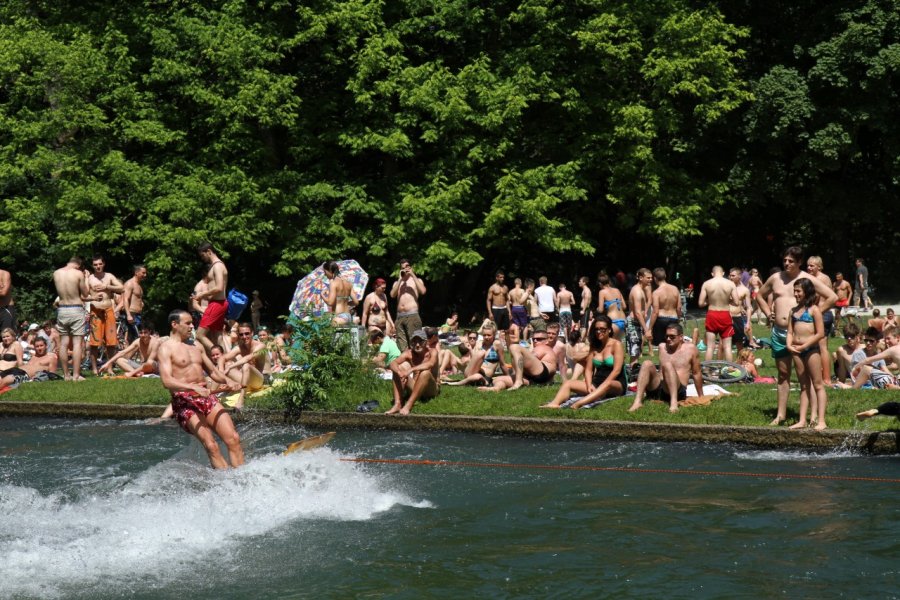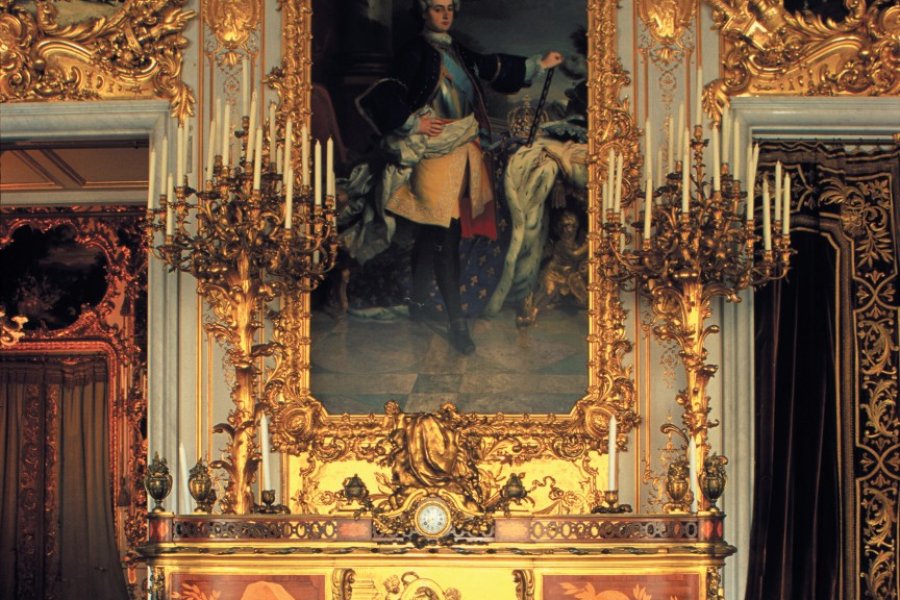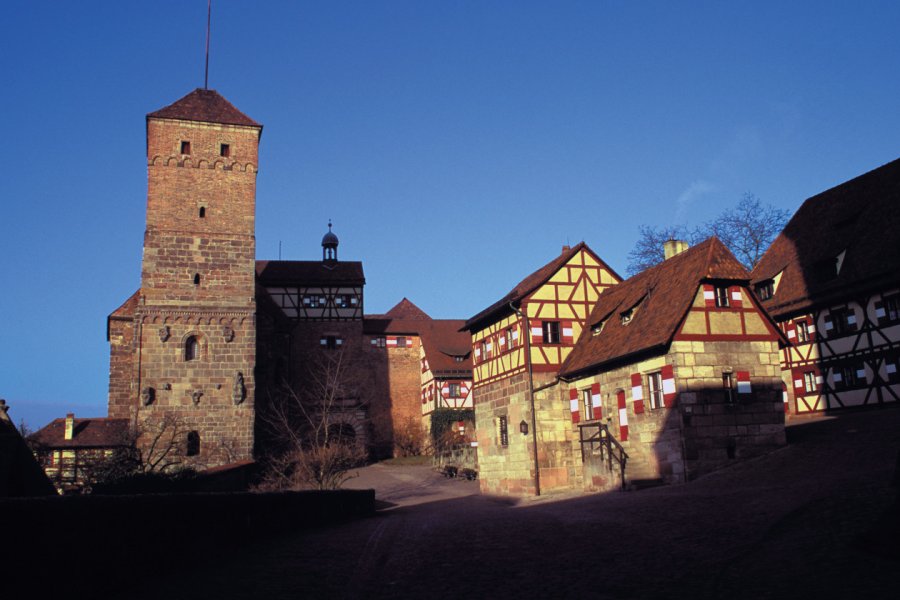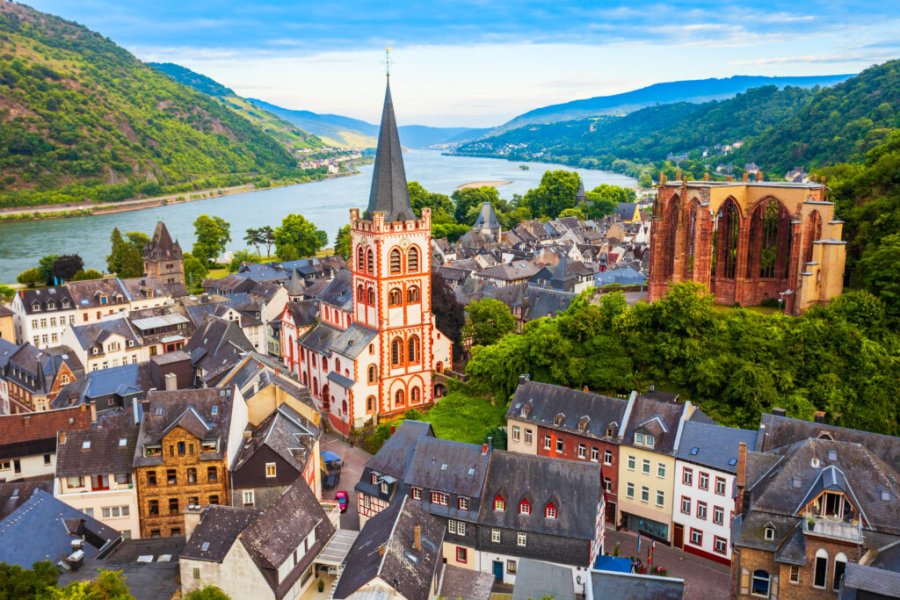Why go to Bavaria? The 10 good reasons to go Bavaria

The romantic road
Wind-in-your-hair Bavaria from north to south, and fall in love along the way.

The pure air of the mountains
Take a deep breath of Alpine air and stock up on oxygen.

The sports offer
Skiing, biking and hiking in the great outdoors, summer and winter alike.

The thermal spas
Recharge your batteries in Bad Kissingen or Bad Windsheim with a swim in the pool.

The castles of Louis II
Marvel at the whims of the Mad King at Neuschwanstein, Linderhof and Herrenchiemsee.

Baroque architecture
Discover the sumptuous Residenz in Würzburg or the dazzling Cuvilliers-Theater in Munich.

The medieval cities
Stroll through Nuremberg, Regensburg and Rothenburg ob der Tauber with your nose in the air.

The beer that flows
Wine and dine at the Oktoberfest or in any tavern the rest of the year.

A land of traditions...
Watch a Schuhplattler demonstration or take part in the Landshut wedding.

...and modernity
Experience the inventiveness and boldness of contemporary architecture in Munich.
What to visit Bavaria?

Interview: My Bavaria
with Henri Fruneau, author of the guide
Fascinated by foreign languages and civilizations since childhood, Henri began studying German at an early age. Since his first school trip to Lower Franconia at the age of 16, he has continued to return regularly to Bavaria to explore this region rich in history and heritage. After living in Leipzig and Vienna, he has been living in Berlin for the past five years.
See the video of the interviewGood to know to visit Bavaria
 Timetable
Timetable
On average, Bavarian museums are open from 10am to 6pm. In low season, opening times are often reduced. Museums and attractions in Bavaria generally close on Mondays, and more rarely on Tuesdays. Munich's museums each have their own nocturne day, when they stay open until 8 or 8.30pm. Museums often have different opening times on public holidays. Check their websites to avoid any surprises.
Public holidays vary from state to state in Germany. Bavaria has 13 public holidays a year, making it the state with the most. Its calendar essentially follows Catholic celebrations.
January1: New Year's Day.
January 6: Epiphany
Good Friday (date varies).
Easter Monday (date varies).
May1: Labor Day.
Ascension Day, 40 days after Easter.
Whit Monday (date varies).
Corpus Christi, Corpus Christi Day (date varies).
August 8: Hohes Friedenfest (Augsburg only!)
August 15: Assumption Day.
October 3: German Unity Day, national holiday.
November1: All Saints' Day.
December 25: Christmas Day.
December 26:2nd Christmas Day.
Museums are generally open even on public holidays. However, opening times are subject to change. It depends on the institution. If you plan to visit a museum on one of these 13 days, please refer to the information available on the respective websites. A small curiosity of Germany's decentralized system: since the 17th century, the city of Augsburg has had one more public holiday than any other Bavarian city: August 8 is a day to celebrate peace.
 To be booked
To be booked
Bavaria's most famous castles (those of Ludwig II) are facing massive influxes of tourists, forcing them to regulate admission. For the castles of Neuschwanstein and Hohenschwangau, it is highly recommended to book your visit in advance on the website. You'll have to pay a small supplement, but the ticket guarantees you entry to the castle at a precise time (which will be strictly adhered to) and saves you a long wait at the ticket office on the day itself.
www.hohenschwangau.de/en/tours-tickets/official-tickets
Unlike some of Berlin's overcrowded museums, the museums in Bavaria's cities (even those in Munich and Nuremberg) do not require advance booking.
 Budget & Tips
Budget & Tips
Museum prices vary greatly from one institution to another, but they are particularly reasonable when you consider the wealth of collections, especially in Munich.
Munich is home to some superb museums, and the Kunstareal is home to several of the city's most prestigious. Munich's museums also offer attractive rates for students and senior citizens, and have a much-appreciated policy of accessibility: most museums in the Bavarian capital offer free admission to minors, and every Sunday admission costs just €1! If you're in Munich on a Sunday, take the opportunity to take a look at its incredible art collections.
In Nuremberg, the Nürnberg-Card offers free admission to its museums for two days, along with a transport ticket. A very attractive offer.
In small towns, the price of accommodation often includes a "Kurtaxe" (tourist tax). In return, you'll usually receive a Gästekarte, or guest card, bearing the name of the region or town: Füssen-Card, for example. This pass often gives you access to public transport and discounts at local attractions. For each card, you'll have to rely on the explanatory leaflet or website to glean the right offers.
As elsewhere in Germany, National Socialist memorial sites are open to visitors free of charge. However, audio guides are often available for a small fee of €2 or €3.
Entrance to places of worship is almost always free.
Museum lockers are free. You'll need a €0.50, €1 or €2 coin, which you'll always get back when the locker reopens.
 Main events
Main events
Bavaria's cultural year is punctuated by numerous events. There are major festivals (such as the Bayreuth Festival, which pays tribute to the works of Richard Wagner every year from late July to late August) and traditional celebrations such as the Beer Festival in September and October. These events have a colossal impact on the number of visitors to the city, and can considerably alter the number of visitors to hotels, restaurants and museums. Major trade fairs (such as the Munich Motor Show in 2021) change the urban landscape. In the case of this show, Munich's various squares are occupied by car displays that distort the city center.
 Guided tours
Guided tours
Many of Bavaria's castles are only accessible with a guide. These include Neuschwanstein, Hohenschwangau and Linderhof. If you're not fluent (or not fluent enough) in Goethe's language to enjoy your visit to the full, take a look at the English-language tours on offer. Otherwise, an audioguide will often give you all the information you need to understand the sights.
Some cities offer guided tours in French, but these are almost always by prior arrangement. For more information, contact your local tourist office well in advance. German and English tours for the general public are available almost everywhere.
 Smokers
Smokers
Smoking legislation is the same as in France. Smoking is prohibited in public places, bars and restaurants. However, it is possible to smoke outdoors. Smoking is prohibited - and strongly discouraged! - when hiking in the mountains. All it takes is a cigarette butt to start a fire.
 Tourist traps
Tourist traps
In some museums, permission to photograph has to be paid for: sometimes you have to pay up to €3 for the right to take photos. It's rare, but it does happen.
 What's very local
What's very local
Small tourist towns sometimes offer costumed tours, with fictional people or characters inspired by historical figures (Wilhelmine in Bayreuth, etc.).
